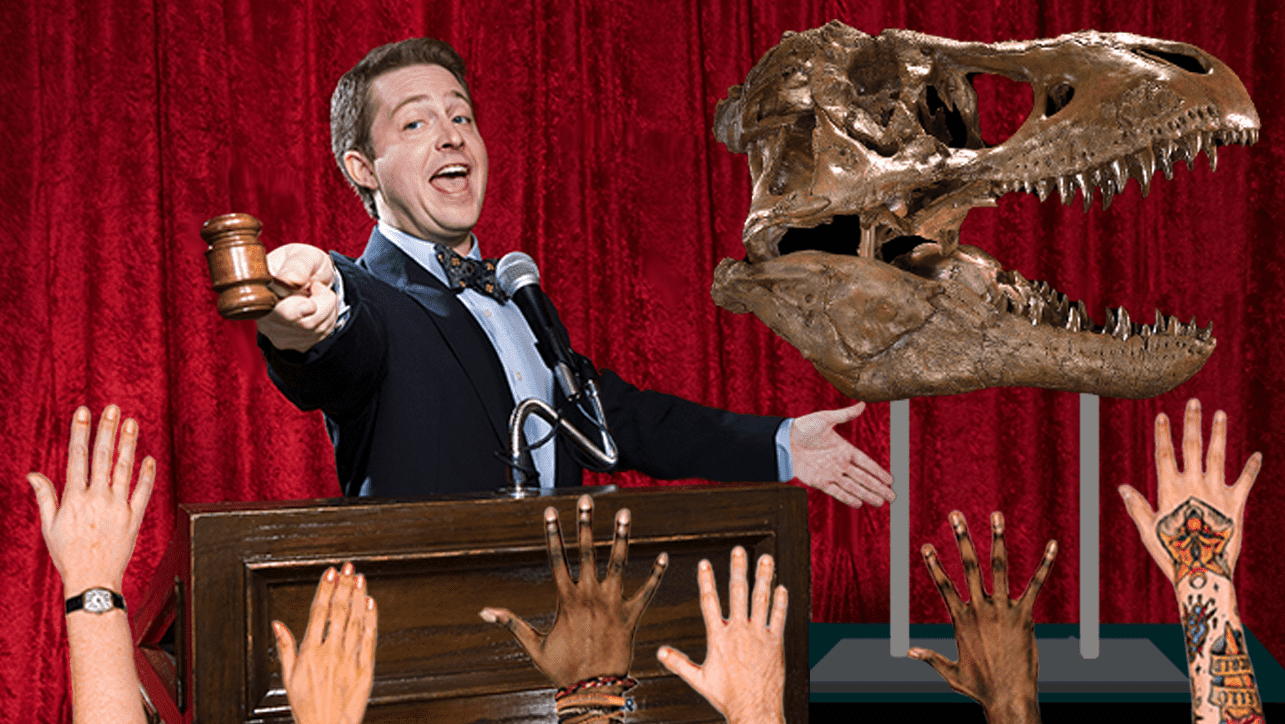Key insights
-
1
Historical Context
Fossil collecting has roots that trace back to ancient civilizations, where fossils were often used for decorative or mystical purposes. The practice gained scientific significance in the 19th century with the advent of paleontology.
-
2
Diverse Demographics
The article highlights that fossil collecting is not restricted to any single demographic. Enthusiasts range from professional paleontologists to amateur collectors, and even celebrities, each with unique motivations.
-
3
Economic Impact
The trade in fossils has become a lucrative market, with high-profile auctions and private sales fetching millions of dollars. This economic aspect has its own set of ethical and legal challenges, especially concerning the provenance of specimens.
Takeaways
The fascination with fossils is a multifaceted phenomenon that spans history, science, and commerce. While it offers educational and economic benefits, it also raises ethical questions that need to be addressed.

